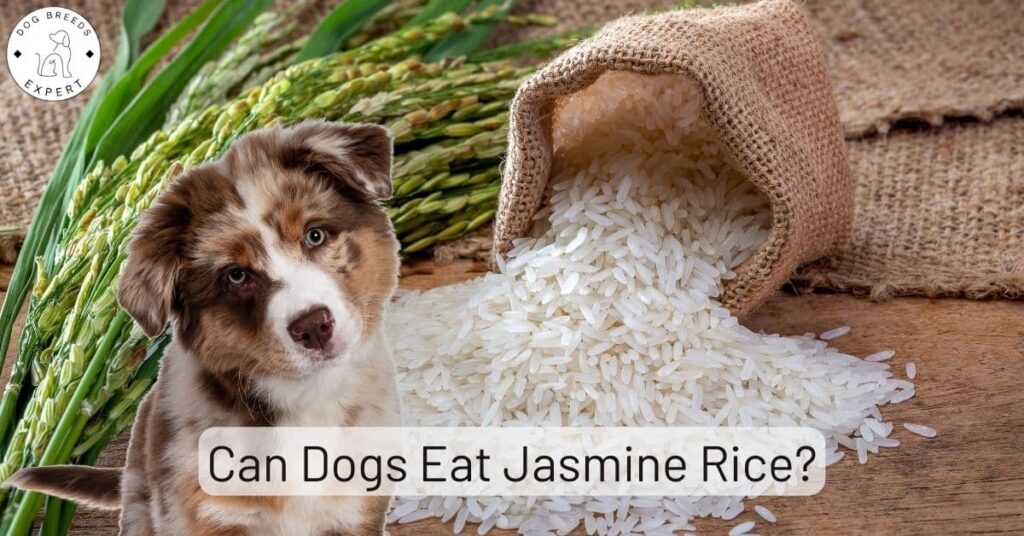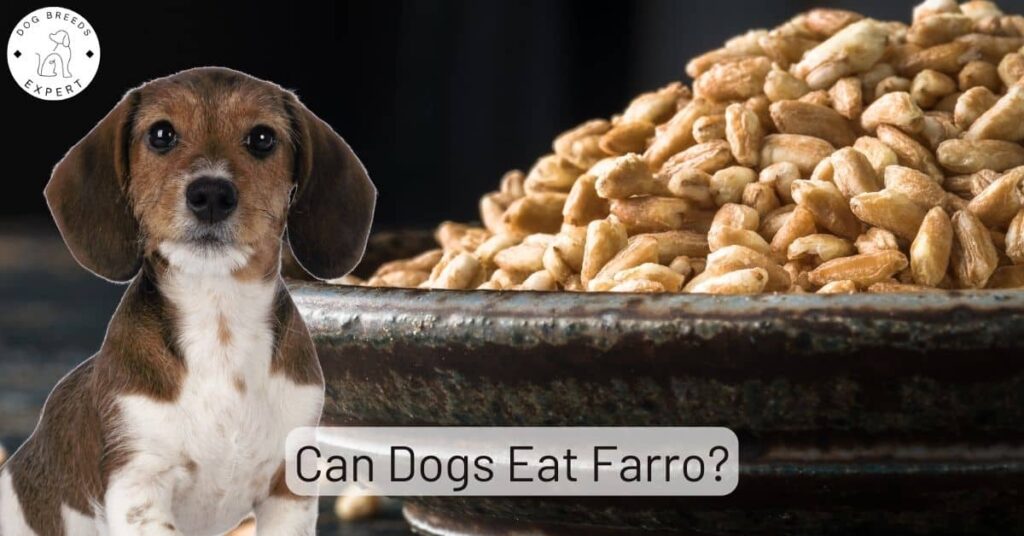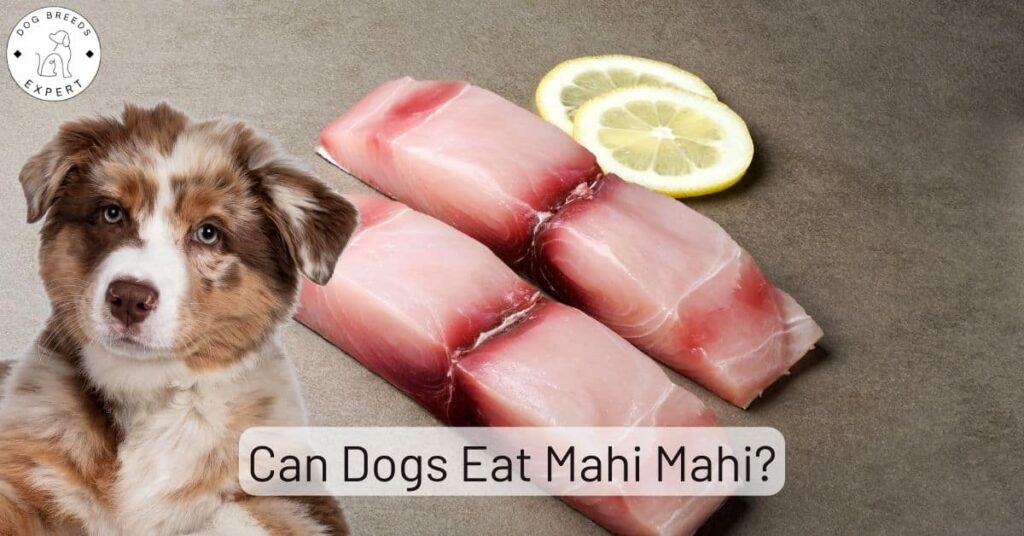Rice is among the most common human foods around the planet. Over 3.5 billion people eat rice daily, a food that provides 20% of their calories each day. Clearly rice is a major component of the global human diet. Since many people like to share their food with dogs, this begs the question whether dogs can also eat rice. The answer is a resounding yes!
So, can dogs eat jasmine rice? Once again the answer is a clear yes. Not only is rice safe, but it is brimming with benefits. It regulates blood pressure, provides a hit of energy, and even boosts their brain power. It also plays an important role in resolving digestive issues. It also assists in boosting iron, protein together with Vitamin B.
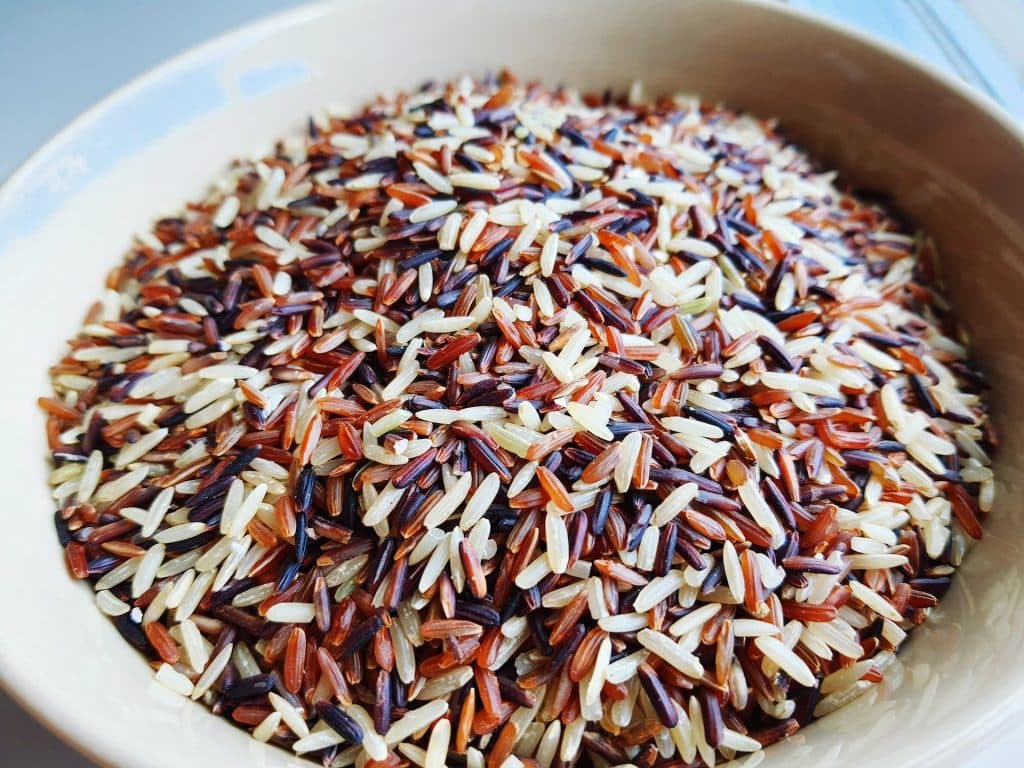
Health Considerations
Since dogs can eat jasmine rice it might be tempting to leave it at that, However, it is important that we look into this topic much deeper.
Now that we have clarified that dogs can eat Jasmine Rice (American Kennel Club), we will take a look at various health conditions that rice can help eradicate. One thing to recognize is that not all types of rice are equally good. Both white and brown rice is good for dogs. Brown rice retails the husk of the rice and will provide extra fibre. As stated Jasmine rice is also good for dogs. Perhaps the variety of rice you may want to avoid is Basmati rice which is not quite as good for your dog.
Diarrhea
The most common symptom for gastrointestinal problems are vomiting and diarrhea. There are many causes for this, including eating something that upsets their gastrointestinal tract, chronic inflammatory intestinal issues and parasites. Diarrhea may appear from nowhere, or be an issue that comes and goes over several weeks. It has been shown that Jasmine rice is beneficial in easing diarrhea problems by helping to bind the dog’s stool.
Blood Pressure
High blood pressure, otherwise known as hypertension is not uncommon in dogs. There are multiple reasons why this may occur. The good news is that it can be managed succesfully with the right medication. However, if it is left without treatment, hypertension may cause sigificant problems, such as Kidney damage, Retina issues, heart disease, or even a stroke. Typically your vet will first attempt to deal with the underlying cause of the high blood pressure. In reducing the symptoms you will probably be advised to reduce the quantity of sodium in your dog’s diet. Rice has little or no sodium and is an ideal food supplement. Rice husks, if available, are an even better food.
Allergies
Some dogs may be allergic to rice. It is not a common condition, but worth noting.You may see signs such as
- Inflamed Paws
- Skin Rash
- Hair loss
- Dry Skin
- Vomiting
- Itching
Should you notice these conditions, it is advised that you consult with a veterinarian for aavice.
Long Term Dietary Considerations
A very common diet given to dogs is chicken and rice. The fact that it is commonly fed to dogs does not suggest that it is a good long term diet. If your dog displays stomach issues a diet of chicken and rice could be beneficial, but this should only be continued non stop for a maximum of three days, as it does not contain all elements a dog needs for a healthy diet, such as certain nutrients, minerals, and amino acids.
Long term diet containing rice can eventually lead to weight gain, which in turn can make the dog more susceptible to diabetes, because of the sugar contained in the rice. In the long term. Petfood experts Purina suggest that the maximum number of times a week that your dog should be fed supplemental rice is two or three times.
Cooking Rice For Your Dog
When preparing rice for your dog, you should boil it in water. Just plain water with no added seasonings or spices. These can undo any good the rice does, and in some cases these may even be harmful for the dog. If you decide to start feeding your pet dog with dog food supplemented with rice, begin slowly, gradually increasing the quantity.
Rice has a high carbohydrate value and over feeding your dog on rice can lead to substantial weight gain, just as with humans. It may be a good idea to consult your veterinarian before making any major changes to your dogs diet, So, to summarize, serve plain rice with no seasoning, in limited quantities to your dog.
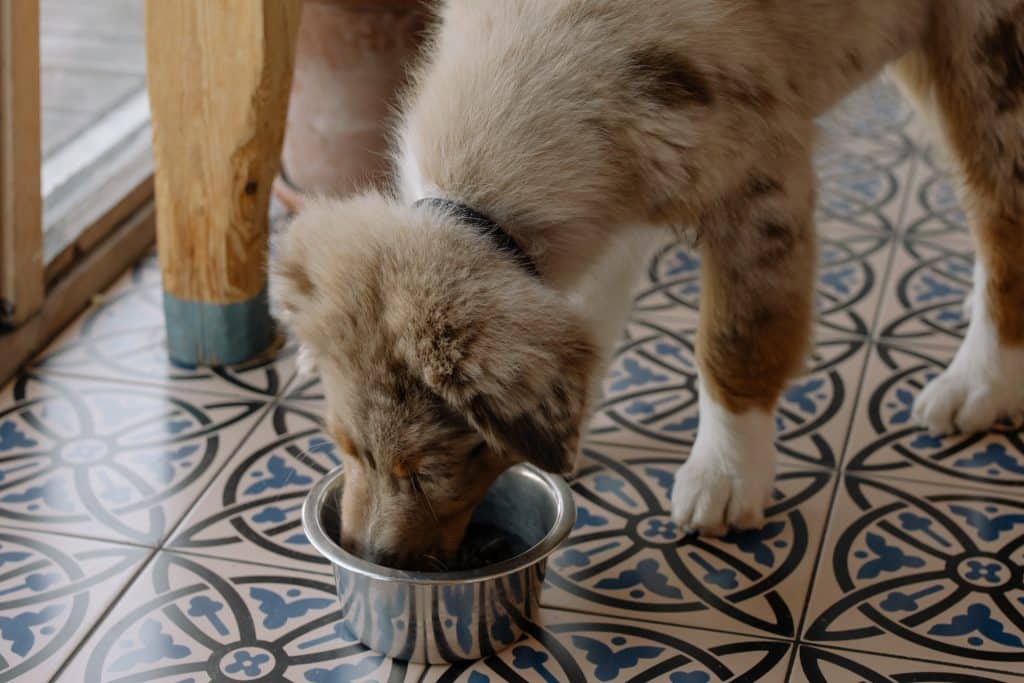
Some people cook rice for their dogs and serve it in a bowl with no other ingredients. No meat, or dried food. This will not do the dog any harm if you do this on extremely rare occasions. It certainly should not be something provided daily, as it will lead to weight gain. This is not a balanced diet for your dog, as it is missing several elements. You should also consider that some commercial dog foods are already bulkd up with rice, and serving extra rice with that product makes the situation even worse.
Fried Rice is another popular dish with humans and since boiled rice is fine for dogs, it might be assumed that fried rice is also a healthy dog food. This is not the case and Fried Rice is never recommended for dogs. Fried rice frequently contains extra additives and ingredients that are not healthy for dogs. These may be seasonings, garlic, onions and fat.
This brings us to fried rice obtained from Chinese and some Indian takeaway food shops and retaurants. MSG is a common ingredient in food from these kinds of outlets and it will probably contain Monosodium Glutomate (MSG) which is toxic to dogs. MSG may cause dogs to have seizures, Liver inflamtion, neuroendocrine and behavioral disturbances, MSG is toxic to the dog’s brain and nervous system, although the FDA state it is harmless to humans.
I hope that this article has completely answered your question about whether dogs can eat Jasmine or other rice. Check out our other articles for more useful information.
Photo Credits:
White and Brown Rice in Bowl (Pexels)
Dog Eating Rice (Pexels)

